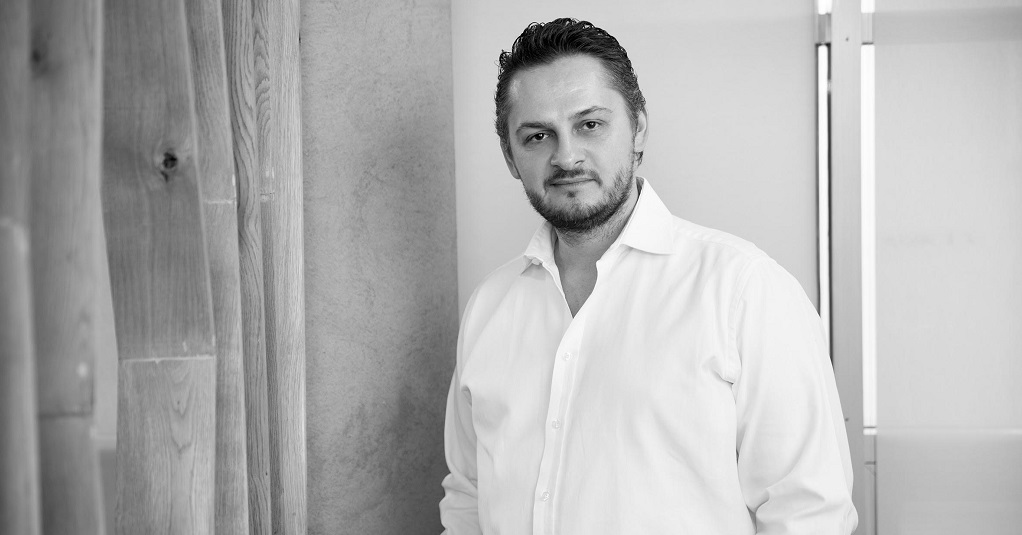Private equity is an alternative form of financing for companies that fills the gap between bank loans and listing on a stock exchange market. The investors also make sure that the company will perform after the funding and so are closely involved in the company’s management team.
Tapping funds from the private equity market cannot be done just by asking. It involves market and business analysis, due diligence, changes in the shareholder structure, and new management teams. It is a process that can last several months or a year.
In essence, this funding is done by investors who are interested in the company. Their profit is the dividends they receive and the money they get by selling their packages for more than the purchase price. This difference between the two values (acquisition price and sales price) is due to the active involvement of investors in the company’s activity, increasing its value and, implicitly, the share price.
The work of a private equity manager is not related only to the investments he or she manages to make. In one year, a private equity manager analyzes about 1,000 businesses. Of these, around 30 are chosen for a secondary analysis and further research. And around 10 enter into the next phase and reach the fund’s approval committee. In the end, only two will receive funding. This is the way private equity funds work all around the world. Of course, the industry is still in the early stages in Romania with just a few local private equity funds, like Morphosis Capital, and some regional ones, like Enterprise Investors.
But opportunities are starting to appear and this will attract more private equity funds, even big ones from Western Europe, say players. Over the past year and a half, a third of the transactions in the country had as an actor an investment fund. This is a good indicator of Romania’s attractiveness and its good position on this market.
“In Romania there are a lot of opportunities and the local private equity market has started to develop. Morphosis, for example, is just a small cap investment fund and we deploy between EUR 5 and 10 million per transaction. And in the food and health area in particular, it is not about leverage and financial engineering, is about value-add into the companies. That is why we want to make this distinction between capital and smart-capital – bringing into the company value, strategic focus, real opportunities. What is core to Morphosis is that we are looking for companies that have the capability to become national or regional champions,” said Andrei Gemeneanu, managing partner at Morphosis Capital.

Central European market is stabilizing
The private equity market in Central Europe is stabilizing after an intense trading period in 2017, marked by fundraising and significant outflows in some markets, according to the Deloitte Central Europe Private Equity (PE) survey.
The confidence index accelerated its decline to 105, reversing the 18-month growth trend between autumn 2016 and spring 2018. The level of confidence, as presented in the Deloitte CE Private Equity Confidence Survey, mainly reflects economic expectations and other variables such as the outlook for market activity and the relationship between transactions and portfolio management. Most of the professionals in the Central European private equity market (75 percent) expect activity in the region to remain unchanged, while 11 percent predict an increase in activity, down from a third in the summer of 2018, suggesting more prudent behavior on the part of investors, due to economic and political uncertainty. Almost three-quarters of those trading on the Central European market (73 percent) expect the current economic environment to remain the same, while the vast majority (93 percent) trust that it will be able to attract the necessary funding for transactions, and liquidity will remain unchanged. Transaction professionals in the region expect more buy than sale transactions in the coming months. Outputs from certain markets were also considerable in 2018, including transactions in Romania, such as the sale of the Urgent Cargus courier service to Mid Europa Partners by Abris.
“In Romania, the activity of private equity firms is similar to that of the Central European region. I expect a large number of transactions to be made by private equity, either as buyers or sellers. Large private equity firms are planning to enter the Romanian market as they see our country as a good alternative for investment in the region. Such investments will definitely be influenced by the economic conditions and the local legislative climate,” said Radu Dumitrescu, transaction support services partner at Deloitte Romania.
In Central Europe, where strong GDP growth has taken place, traders are expected to continue to focus on new investment opportunities. Most investors expect the average level of transactions to remain constant. “In general, private equity firms are interested in medium and large-value transactions, when they buy local or regional market leaders. Although the M&A market in Romania continues to be dominated by strategic players, acquisitions by private equity reached record levels in 2016 and 2017. They slightly decreased last year, but we are still optimistic about the outlook for 2019,” said Ioana Filipescu, corporate finance partner at Deloitte Romania. Taking into account the announced value of trades in 2018, strategic investors were involved in 56 percent of the transactions, while private equity accounted for 39 percent of the volume reported, according to an analysis by Deloitte of the local M&A market. Yet, seen from the private equity fund side, the market is not as good at it seems to consultants.
“In Romania we probably have two or three serious private equity funds, while in USA there are 2,300 active private equity funds. In Romania there are also some funds from Poland or London that look for opportunities on a specific deal, but not much else. We need success stories, like Profi retail chain, to show that companies in Romania can go through the full cycle of investment. And when foreign funds see those success stories, they will come,” said Gemeneanu.


:quality(80)/business-review.eu/wp-content/uploads/2015/09/investments-in-local-economy.jpg)

:quality(80)/business-review.eu/wp-content/uploads/2024/01/dreamstime_s_265492977.jpg)




:quality(80)/business-review.eu/wp-content/uploads/2024/02/IMG_6951.jpg)

:quality(80)/business-review.eu/wp-content/uploads/2024/03/COVER-1-3.jpg)



:quality(50)/business-review.eu/wp-content/uploads/2023/12/Agista_CEO-ul-Nicolae-Kovacs-1.jpg)
:quality(50)/business-review.eu/wp-content/uploads/2023/12/how-to-create-a-rich-life-through-passive-real-estate-1.png)
:quality(50)/business-review.eu/wp-content/uploads/2023/09/Andrei-Gemeneanu-Morphosis-e1695818513926.jpg)
:quality(80)/business-review.eu/wp-content/uploads/2024/04/cover-april.jpg)
:quality(50)/business-review.eu/wp-content/uploads/2024/04/Teren-Recas-2.jpg)
:quality(50)/business-review.eu/wp-content/uploads/2024/04/One-Tower.jpg)
:quality(50)/business-review.eu/wp-content/uploads/2024/04/easports.jpg)